
On the path of life we walk, stagger, jog or roll—as animated organisms: 99% oxygen, carbon, hydrogen, nitrogen, calcium, and phosphorus (who may or may not enjoy the song “Girls Just Want To Have Fun”)—we are called upon to take action or not to take action.

We must make yes and no decisions the results of which determine how we live, think, feel and behave individually and collectively as a species.
Like a crow on a fence post we see it all from the vantage point of a media centre on top of our neck and shoulders.
If you say yes and take action—with luck, work, will and strategy—goals can be realized. If you say no and take no action, you let life happen without your will intruding. It’s hard to know which is better.

In our yes and no, action or no action decision, we may feel self-directed, but much is predetermined by systems, society and environment—not to mention: technology, luck, ability and proclivity—your “inclination or predisposition toward a particular thing.”
From ‘in here‘—alone as we are with our thoughts inside a skull walled-off by skin—it’s only natural to feel separate and set apart from a world that appears to us as ‘out there.’

But however real this feeling of being separate from the world is, scientifically speaking, it’s only skin deep and mental. We know we can’t be separated from this world—not without air, water and Twinkies!
Cue Boney M. “Rasputin” (for no apparent reason).
 We know living things are made up of cells and a cell is a “protein-based robot too small to feel or experience anything” but do we know that even though cells have the properties of life—they eat, grow, react and reproduce—no part of a cell is actually alive?
We know living things are made up of cells and a cell is a “protein-based robot too small to feel or experience anything” but do we know that even though cells have the properties of life—they eat, grow, react and reproduce—no part of a cell is actually alive?
The cells that comprise us are composed of dead matter animated by chemistry and moved by the laws of the universe. We’re like zombies except with a more varied diet and higher aspirations (hopefully).

Technically speaking, “Stuff reacts chemically with other stuff forming reactions that start other reactions which start other reactions,” until we draw this conclusion:
“One thing is for sure, the idea that life is fundamentally different for non-living things because they contain some non-physical element or are governed by different principles than inanimate objects, turns out to be wrong” (source: “What is Life?…”).
Our body changes but awareness of our self remains consistent:
“It’s like having an old wooden boat. You may have repaired it hundreds of times over the years, replacing wood chip after wood chip, until one day, you realize that not one piece of material from the original boat is still part of it. So is that still your boat? …
In this way, what you are is not really a thing as much as a story, or a progression, or one particular theme of person. You’re a bit like a room with a bunch of things in it—some old, some new, some you’re aware of, some you aren’t—but the room is always changing, never exactly the same from week to week” (“What Makes You You?”).

You are an ever-shifting mass of thoughts, feelings and perceptions but you feel a sense of continuity. You can look at a picture of yourself as a child and know that was you.
With an understanding of yourself as a story, personal hurt is reduced—how can you, as a “theme of person,” take it personal?—and selfless action is increased because you see yourself not as the egotistical pinnacle but as inseparable and integral (like a beaver).

Unless you’re in the “Experience Machine”—a machine that generates happiness in your brain as you float in sense depravation—reality is as it is and it couldn’t be otherwise. What is couldn’t be any more different than what ‘was’ could be altered. Accept what is and was and work toward what will be.

This feeling of being separate from nature comes from our ability to manipulate and disconnect at will. To understand, try this thought experiment:
Imagine you are walking in a park. As you breathe in trees, feeling movement and a soft breeze, you come to a roundabout with a botanical circle in the centre like the one pictured above and you must decide whether to go around or over.
If you go around, you conform to civic expectation, park design and gardener preference. You flow like water around the obstacle in acceptance of the extra distance. If you go over (or through), you do not conform to civic expectation. You take a logical short-cut that feels natural to save yourself time and energy.

This is not to judge one or the other—around or over—as better, but to show how thoughts are powerful. They direct you and take you. What you think can become reality. If you realize that all things change, you won’t try to hold onto anything. Go back to innocence and live spontaneously with your senses.
If you think “I am weak” or “I am going nowhere,” so be it! Your wish is granted. If you say, “I am the Greatest!” (like Muhammad Ali), “I am strong” or “I enjoy life!”—So be it. Again your wish is granted! Assertions we live by are reflected in life experience.

Extend yourself in what you see. Detach from a self that is separate. Flow like water—natural, gentle, aware of yourself in the big picture—enjoying a finite story that is selfless in a universe that is endless.
Enjoy it.

 As hard as it is to imagine, one day, there won’t be another. One day, nothing will happen and you won’t know what happened. You will be gone like those who have gone before you.
As hard as it is to imagine, one day, there won’t be another. One day, nothing will happen and you won’t know what happened. You will be gone like those who have gone before you.












 Each moment must pass away for us to live another. Death is a continuous process.
Each moment must pass away for us to live another. Death is a continuous process.

 At the prospect of death Walter corrupts his morals for money. He thinks ‘ends justify means,’ and finds himself enjoying money and power. Money and power become his purpose.
At the prospect of death Walter corrupts his morals for money. He thinks ‘ends justify means,’ and finds himself enjoying money and power. Money and power become his purpose.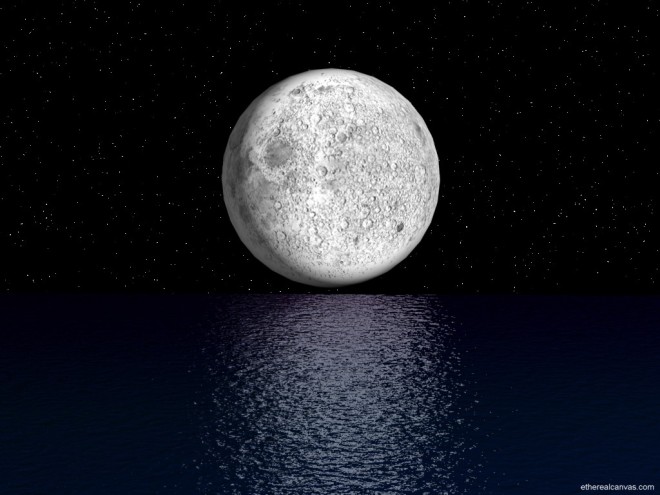

 If you answered true to all of the statements, you are probably an irritant to people who find life pleasurable only on condition. To think life itself is pleasurable runs countrary to industrial desires for comfort and convenience (see also:
If you answered true to all of the statements, you are probably an irritant to people who find life pleasurable only on condition. To think life itself is pleasurable runs countrary to industrial desires for comfort and convenience (see also:  Surely suffering psychologically in a Syrian city scarred by destruction and murder is not as pleasurable as having Jennifer Lopez sit on your shoulder?
Surely suffering psychologically in a Syrian city scarred by destruction and murder is not as pleasurable as having Jennifer Lopez sit on your shoulder?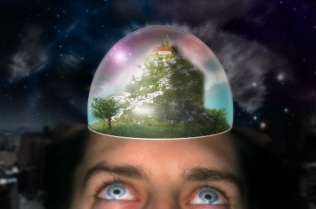
 A truth can hide in plain sight when you are preoccupied. Reality is obscured by how you see the world. Freedom comes when you can see your self self–thinking.
A truth can hide in plain sight when you are preoccupied. Reality is obscured by how you see the world. Freedom comes when you can see your self self–thinking.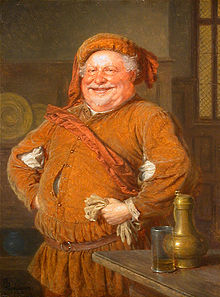

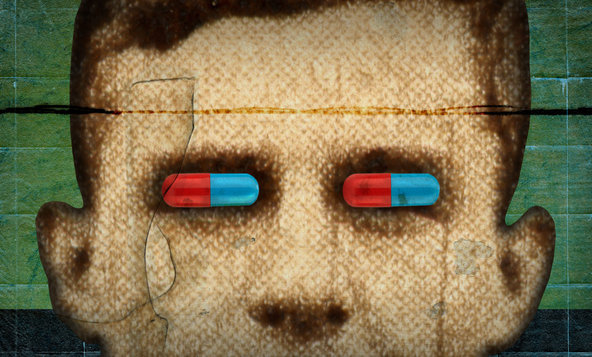
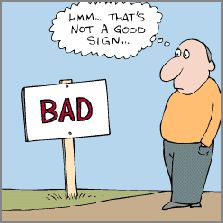 The world you see has a thin film of personality covering it. You imagine who you are through flashbacks, inspirations and self-talk (see:
The world you see has a thin film of personality covering it. You imagine who you are through flashbacks, inspirations and self-talk (see: 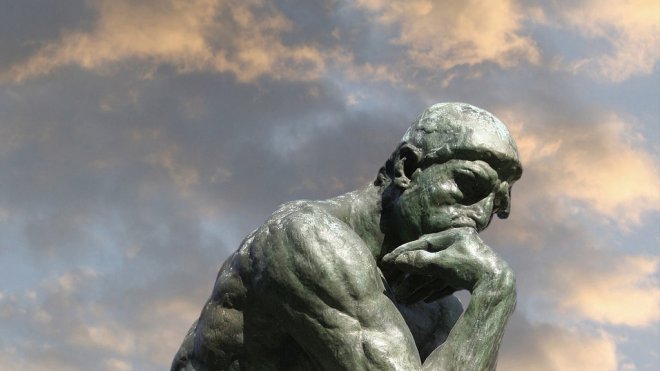
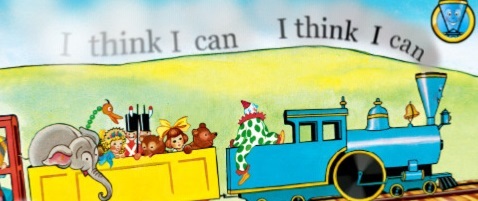 If you want to slip out of “I-think-I-can” thinking and enjoy peace of mind, shift your centre outward like Copernicus and pick up
If you want to slip out of “I-think-I-can” thinking and enjoy peace of mind, shift your centre outward like Copernicus and pick up 




 Take a deep breath and sit calm and content without concern for those who would do you harm.
Take a deep breath and sit calm and content without concern for those who would do you harm.



 It’s like a three-legged stool: to live pleasantly – live honourably, wisely and justly; to live wisely – live honourably, pleasantly and justly.
It’s like a three-legged stool: to live pleasantly – live honourably, wisely and justly; to live wisely – live honourably, pleasantly and justly.

